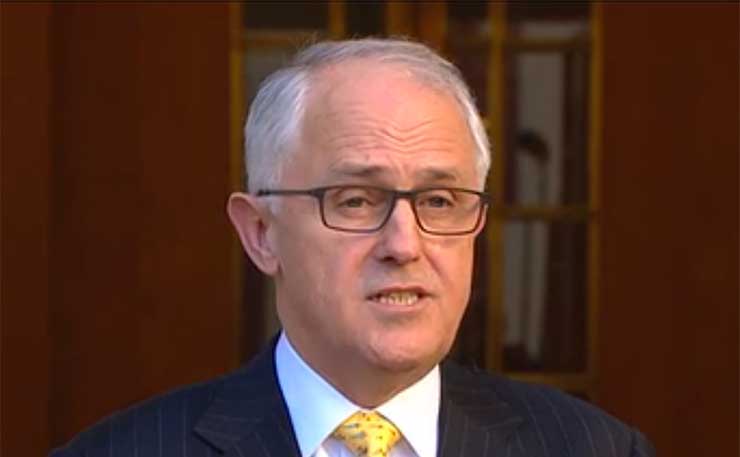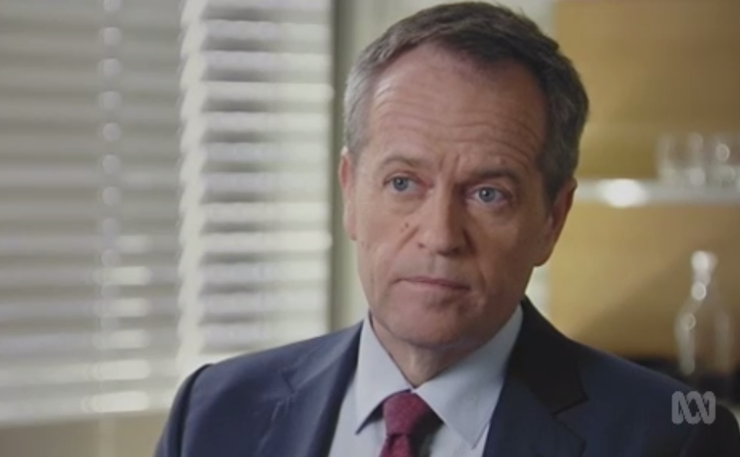The banks are in trouble again. This time it’s about their failure to pass on reserve bank interest rate cuts to mortgage customers. But this isn’t just about monthly payments, it signals a long running crisis in Australian democracy itself, writes Professor Carl Rhodes.
The latest instalment of the scandals that have plagued the Australian financial services sector comes on the heels of the four major banks’ holding back on passing the full benefit of Reserve Bank interest rate cuts to customers. The 0.25 percent cut in the official rate resulted in mortgage rates being cut by as little as 0.10 percent.
Scandals in Australian financial services are a business-as-usual part of the sector, and in one sense this is just another unsurprising case of corporate greed driving business behavior. But while recent years have seen high profile insurance fraud, rate fixing, and financial planning scams, this case is different.
While the behaviour of the banks’ exemplifies the entrenched myopia of shareholder capitalism, it also signals a crisis in Australian democracy. This is a crisis where corporations are continuing to wage a war with government over sovereignty of the nation, and they are winning.
There is bipartisan agreement that the banks are doing the wrong thing. As for interest rates, even corporate-friendly Prime Minister Turnbull insists that they “should pass it all on” and that the Australian people deserve an explanation of why this hasn’t happened.

Labor leader Shorten is even more appalled, stating “Australians are rightly angry at this behaviour” and renewing demands for a Royal Commission.
The banks talk about their desire to balance the needs of all their stakeholders, although ultimately their decisions are made for reasons of financial self-interest. Steven Munchenberg, chief executive of the Australian Bankers Association, has no qualms about going head-to-head with the parliament, even complaining that the banks receive an unjust amount of government scrutiny compared to other businesses.
The situation Australia has got itself into is one where the commercial decisions made by corporations trump the directions set by the institutions of democratic government over the future of the nation. Turnbull’s best card, and it’s a weak one, is to appeal to the banks’ need to maintain their “social license” to operate.
Despite protesting that the cost and complexity of their global financing arrangements prevents the full rate cut being given to customers, the banks are benefiting to the tune of almost $1 billion. This comes at a time when they already enjoy the privilege of earning profits of 2.9 percent of GDP.
Aussie banks are the most profitable in the world and seem determined to remain so, whatever it takes. Clearly while the Reserve Bank might have the objective of ensuring “the economic prosperity and welfare of the people of Australia”, the commercial banks are focused on the prosperity of a much narrower constituency.
Meanwhile the citizens of Australia languish in widening levels of inequality. Any reference to the never-say-die conservative mantra of trickle down economics, and balancing the needs of shareholders is a worn out excuse for extending the privileges of the wealthy.
The banks are as keen as ever to distance themselves from state regulation, especially if it might stand in the way of their profits. Indeed, it is on account of a long deregulated financial service sector that the government can’t actually compel the banks to pass on the full benefit to customers. Turnbull might appeal to the banks on moral grounds, but, unlike with most banking scandals, he doesn’t have the power to do so on legal ones.

The interest rate issue is the tip of the iceberg, showing how banks are willing to enter into battle with the democratic state as channeled through the institution of the Reserve Bank and the office of the Prime Minister. And this is not just a battle about rates, it is one over the legitimacy of government that’s been building for decades.
The banks’ claim that the rights of business should outflank those of democratically elected government and the people it represents. Their willful defiance of the Reserve Bank’s rate cut coupled with their insistence on self-regulation is an unambiguous assertion of their own sovereignty.
Rather than wanting pesky politicians interfering in their affairs, the banks’ refusal to change their rates is an indicator of their lack of respect for the Australian state and its political institutions. In other words they are mounting a direct attack on Australian democracy itself, and in many ways the law is on their side.
The future of the Australian economy is at stake in a contest between democratic authority and corporate interests, and corporate interests continue to win. It’s not just mortgage payments we need to worry about, the more important concern is about who is really running the country.
It’s not surprising that the banks are vehemently resisting calls for a Royal Commission. But that might be our last hope to turn the tide on whether the country will be run by elected governments that represent the people, or by large and powerful corporations.
Donate To New Matilda
New Matilda is a small, independent media outlet. We survive through reader contributions, and never losing a lawsuit. If you got something from this article, giving something back helps us to continue speaking truth to power. Every little bit counts.





